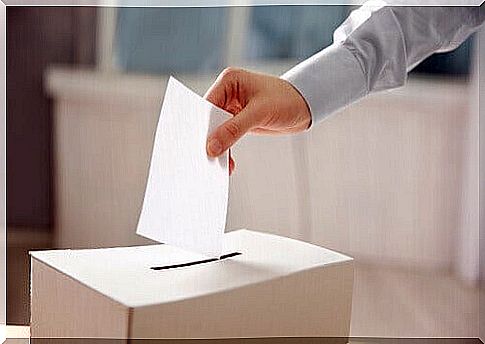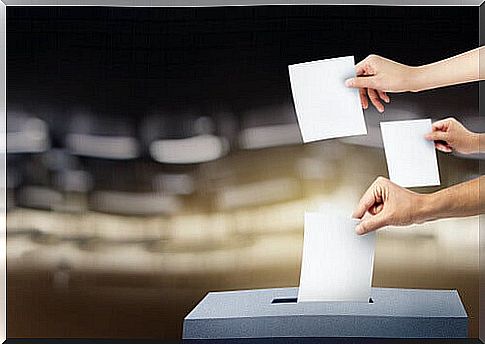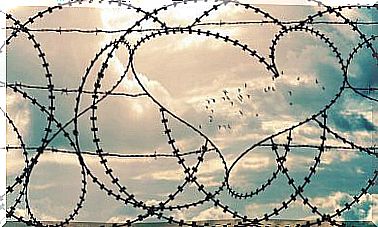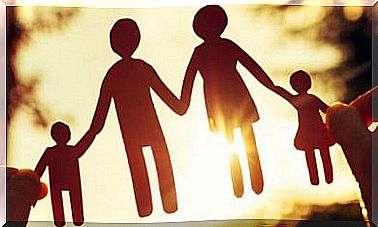What Are The Factors That Influence Political Voting?

Our political system bases a good part of its functioning on democracy, so that representatives of the main chambers (congress and senate) are elected by the citizen’s vote indirectly, through candidates who complete the party lists. These politicians will be responsible for representing our interests, but there are many factors that influence the vote.
The question we ask is: what makes us choose to be represented by some and not others? The simplest answer would be, as we said in the previous paragraph, to choose those we think will best defend our interests. However, if we delve a little deeper into the subject, we will realize that the answer is not so simple…
Political social psychology broadly investigates the factors influencing voting. Studies show us impressive data: vote stability and party identification are what determine our political vote. Ideology is not so important if we compare its influence with these two factors.
Stability and the factors that influence the political vote
One of the most important factors regarding our voting behavior is its temporal stability. We can observe that when a person votes for a certain political party, he will vote for the same party in the next elections. This stability is generally maintained regardless of the political tendency of the party, the candidate and the type of elections (national or regional).
While the vast majority of people are constant in their vote, others are not so faithful. What are the factors that influence the stability of the vote? Some studies show that “people on the right” change their vote less. On the other hand, following the division between “people on the right” and “people on the left”, it can be observed that it is easier to change the vote to parties whose ideology is closer to the last party voted. It is more likely that people who voted in the last elections for a “right party” will continue to vote for that party or for another party that is also “right”. With the left, it’s the same.

These results make us understand that what is really behind the stability of the vote is a process of political socialization. A process by which parties find faithful partners despite changes: the tradition of the party’s political ideology outweighs the specific program it presents for certain elections. In this political socialization enters a very important concept called party identification.
party identification
Party identification is defined as a psychological link between an individual and a political party that implies a sense of group identity. Through different methods, such as the use of symbols, anthems and group events, the parties manage to create in their voters a sense of unity so strong that it overcomes the ideological differences within the group.
However, how important is party identification with the individual’s ideology when determining their vote? In 2009 a study was carried out in Spain to determine the level of ideology that individuals shared with their political party. The results were very surprising. In most cases, voters shared less than 50% of their party’s ideology.
These data show us that a party’s voters do not share most of their interests or ideology with their party. How is it possible to identify with a party under these conditions? The answer lies in the parties’ strong propaganda mechanisms, which seek to empathize with the people in order to awaken in them a feeling of “belonging to their group”, in order to finally get their vote in the next elections.
The political responsibility of the citizen
These data are surprising given that voters’ ideology is not being brought to Congress. These studies show us a panorama where political parties capture individuals and generate in them a group identification more typical of football teams than political identification. This translates into a congress that does not represent the population and, therefore, will act in their interests.

Political education is, without a doubt, one of the best tools to change this panorama. An education that allows us to correctly understand the policies and laws that are applied and how they affect us, increasing the critical spirit with our voting option and the punishment of politicians who do not comply with their electoral program. We need to know the candidates before we make our voting choices.
Although political measures rarely produce immediate changes and many of their effects are diffuse, they are still important in the sense of setting the direction and way of navigating our country. Democracy and voting are an achievement that cost us several centuries and a lot of struggle to be achieved. Now, for them to function properly, they need active and intelligent citizen involvement. It depends on you, on me, on all citizens who have the right to vote.









